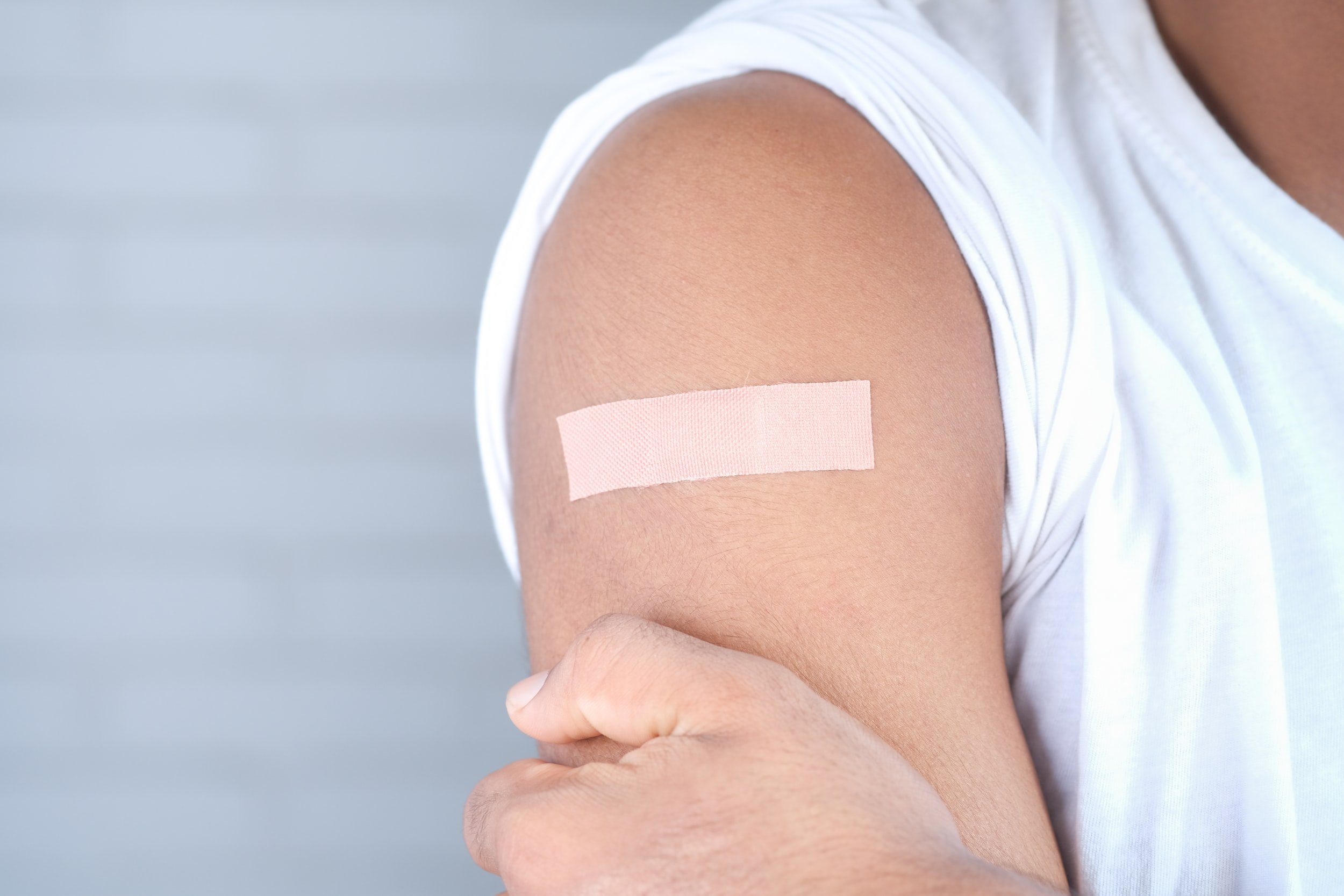HPV and the HPV Vaccine: What You Need to Know
There are more than 100 strains of the human papillomavirus (HPV). Most are harmless, but some can lead to genital warts and cancer. But by getting routine pap smears and making sure you are vaccinated against HPV; you can significantly reduce your risk. Unfortunately, in recent years, the misinformation about HPV and the vaccine has increased thanks to social media, so it's important to distinguish truth from fiction. So here is what you need to know about HPV, how to prevent it, and whether the vaccine is right for you.
What is HPV?
The human papillomavirus (HPV) is the most common sexually transmitted infection (STI) in the United States (U.S.). In 2018, there were about 43 million HPV infections, many among people in their late teens and early 20s. Most times, the infection is harmless and goes away. But, still, some virus strains (HPV 6, 11, 16, or 18) can cause warts or cancers in your cervix, vagina, vulva, or anus.
How is HPV Spread?
HPV is spread through close skin-to-skin touching or by having vaginal, anal, or oral sex with someone with the virus. A person with HPV can pass the infection to someone even when they have no signs or symptoms. It's also possible to develop symptoms years after having sex with someone who has the infection, making it hard to know when you first got it.
What are HPV Signs and Symptoms?
Your immune system works hard to protect you from HPV, but you may develop warts or cancer when exposed to certain strains. In fact, about one in 100 sexually active adults in the U.S. has genital warts at any given time.
Genital warts can appear as small, flesh-colored, or cauliflower-like bumps. But most times, the warts are too small to be noticeable. In women, genital warts mostly appear on the vulva but can also occur near your anus, cervix, or vagina.
Oral HPV is spread through the mouth through oral sex or other ways. This can cause cancer in your throat, the base of your tongue, and your tonsils (oropharyngeal cancer). These cancers often take years to develop and are more common in older age.
While some people don't have any symptoms of oral cancers, other symptoms may include:
· Long-lasting sore throat
· Hoarseness
· Earaches
· Swollen lymph nodes
· Pain with swallowing
· Unexplained weight loss
If you are experiencing any of these symptoms and are worried, be sure to speak with your healthcare provider.
HPV can also cause cervical cancer, cancer of the vulva, vagina, or anus. In women, HPV may be linked to greater than 90 percent of cervical cancer cases and about 70 percent of vaginal and vulvar cancers.
HPV infections and early cervical cancer typically don't cause noticeable symptoms. So get your pap tests regularly to identify problems early when they are easier to manage and treat.
How can I Prevent HPV?
Practicing safe sex and having regular screenings can help reduce your risk for HPV.
If you are sexually active, you can:
· Limit your number of partners
· Have sex only with someone who only has sex with you
· Use condoms consistently and correctly every time you have sex. (Note: condoms may not provide complete protection against HPV since the viruses can infect areas not covered by a condom)
HPV testing may also prevent infections. This test looks for cervical infections caused by high-risk HPV types that are more likely to cause precancers and cancers of the cervix.Pap tests collect and test cells from your cervix, uterus, and vagina to look for precancer cells. If not treated, these abnormal cells can lead to cervical cancer.
Between the ages of 21 to 29, a Pap test is completed every three years if your results are normal.
If you are between the ages of 30 to 65—You can choose one of three options:
· Have a Pap test alone every three years
· Have an HPV test alone every five years
· Have a Pap test and an HPV test (co-testing) completed every five years
Typically, if your Pap results are normal or "negative," no cell changes are found on your cervix. Abnormal Pap results mean that cell changes were found. This usually does not mean that you have cervical cancer. The abnormal changes are likely caused by HPV, so follow up with your provider for your next steps.
What about the HPV Vaccine?
Human papillomavirus vaccines are among the most effective vaccines available in the world. Adolescents and young adults between the age of 11 through 26 years routinely get the vaccine. Experts recently suggested that people ages 27 through 45 discuss the vaccine's benefits with their healthcare provider. It's important to note that the HPV vaccine is less effective in preventing HPV-related diseases in women who have already been exposed to one or more HPV types. Also, the vaccine does not treat existing HPV infections or abnormal Pap test results.
If you think the vaccine may suit you, speak with your doctor. Together, you will talk about if the PV vaccine is right for you.
The Truth about HPV
Knowing the truth about HPV and making informed decisions can help to ensure optimal health. By learning how to reduce your risk, recognizing the vaccine's benefits, and accessing regular screenings, you can increase your chance of living a long and healthy life.
Janelle King is a Registered Nurse with a Master of Public Health. She has written articles for Sisters from AARP, The Body: The HIV/AIDS Resource, Modern Fertility, among many others, and featured in Women's Day Magazine. You can find her writing about reproductive health and wellness in her blog The Nurse Notein her spare time. Follow her on Facebook and Instagram @thenursenote.

